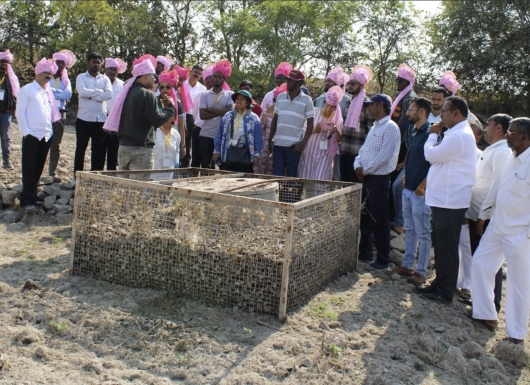Submitter: ICRISAT
A systems-based planning and decision-support framework that integrates risk assessment, bioeconomic modelling, and multidimensional sustainability analysis to inform agricultural investment decisions. It accounts for system heterogeneity, enabling policymakers, researchers, and agribusinesses to design resilient, inclusive, and sustainable farm and food systems.

The approach is low-cost, adaptable, and partner-ready, relying on open-source tools and experiential training methods. Adoption requires basic systems thinking and modelling training, supported by ICRISAT’s toolkits, simulation platforms, and expert handholding. The approach aligns with SDGs, CSA Roadmaps, and national investment plans, making it highly suitable for government, donor, and institutional scaling.
Lead: Dr Shalander Kumar – Deputy Program Director, EST, ICRISAT
Email: shalander.kumar@icrisat.org